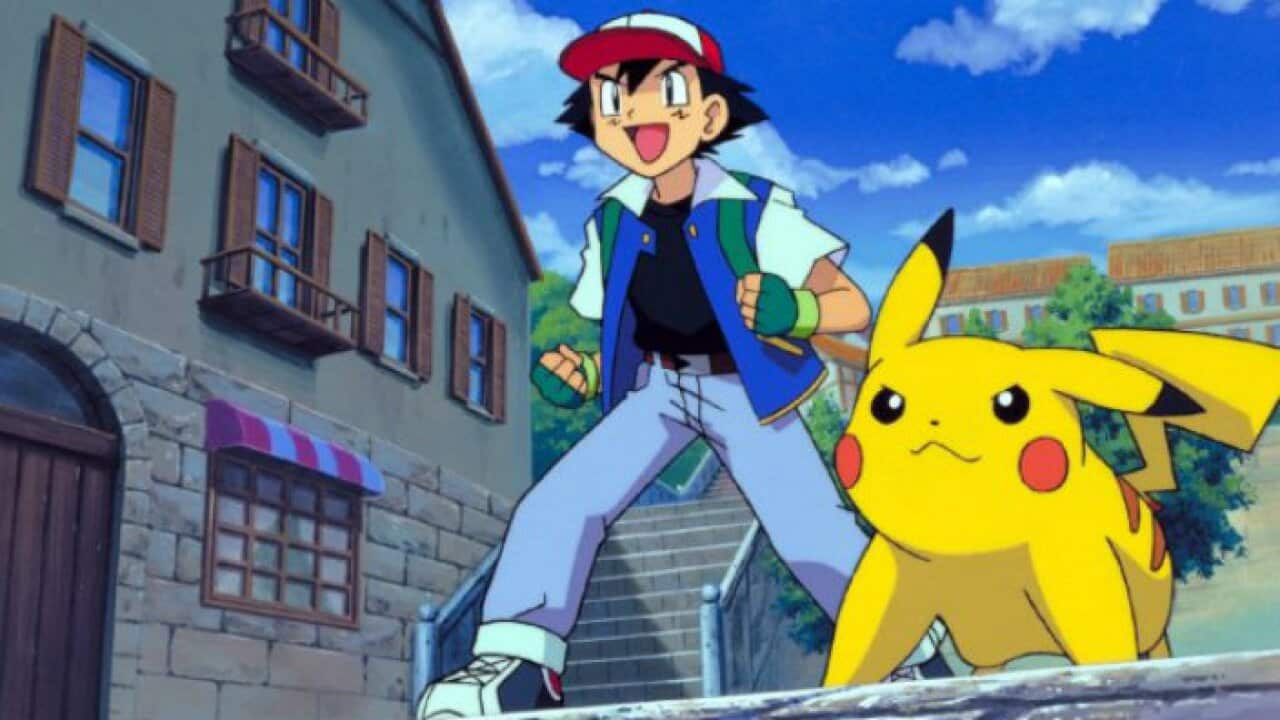The anti-Pokémon band wagon jumpers who are encouraging people to put the phones down and “get a life” are probably doing so with the best of intentions, albeit in a pretty douchey way. But their rude signs and snide comments could be doing actual harm to some Pokémon enthusiasts.
For parents of many autistic children, Pokémon Go has been “life changing”. For the first time kids who have refused to even leave their room are asking to be taken to parks, or to the beach, or to go out with their siblings so they can catch virtual beasts with their smart phones. It might not sound like a big deal to people who don’t care for a child who is on the autism spectrum but from a parent’s perspective it’s huge.
Mother Deborah Bull, who has a daughter with autism, says “it’s been life changing."
"I know that sounds silly for a game, but it is life changing for people. Not just people on the spectrum but people who have social anxiety and don’t want to leave the house.”
Since Pokémon Go was launched there has been a surge in young people walking around looking at their phones. And naturally those who don’t understand it must hate it. A sign one man put on his gate has gone viral on social media. It tells Pokémon hunters to “get out of my yard and get a life… this whole Pokémon Hunt is by far the stupidest thing I have ever seen”.
There are entire websites devoted to hating Pokémon Go, and social media platforms are flooded with people saying how lame it is and how they are “over hearing about it”.
But before you channel your aggression at someone walking like a zombie, with their head in their phone, maybe you could stop to consider that what they are doing might be a real breakthrough for them.
Ms Bull says the augmented reality game has opened up a whole new world for her family, especially her daughter. “She is really hard to get to exercise because she wants to just be in her room all the time. I’ve tried all sorts of systems to get her [outdoors] and this is the first time she has actually spontaneously wanted to.
“She can talk about it. She can have a conversation without it being a struggle.”
Ms Bull says she finds the negativity from the Pokémon Go knockers upsetting.
“If any of these people that are knocking it actually had experience having to deal with someone who had social anxiety they would see past anything negative.
“To me there’s so many positives I don’t know how people are focusing on negatives.”
Autism researcher Craig Smith is deputy principal Aspect Hunter School for autistic children in NSW. He says the public should be a more accepting.
“I would hope there is a bit more acceptance that this is a really nice tool to use rather than to come up against those anti-ists who say ‘isn’t a shame that kids always have their head in their phone’. I don’t think that’s a very productive way forward. It would be nice to have some support to help that grow and flourish.
“I’ve met lots of people who are on the spectrum saying that it’s the first time that they’ve walked up to someone and started a conversation because they were confident that they knew what they were talking about and the other person was interested to hear what they were sharing.”
Pokémon itself was created in 1996 by renowned game developer Satoshi Tajiri who reportedly has Asperger’s, an autism spectrum disorder. When Satoshi was a child he was fascinated with insects and collected them. This fascination is what sparked the idea of Pokémon.
Mr Smith says in every class he teaches roughly a third were Pokémon experts before the arrival of Pokémon Go.
“The fact that the inventor of Pokémon is associated with the autism spectrum, the fact that our kids on the autism spectrum love it so much plays into the notion that there is a real link between what Pokémon is and the sorts of natural skills and aptitudes that those on the spectrum have.”
So maybe the few who don’t care for Pokémon Go could be more tolerant of those who do. The damage you cause might be felt in real life.
Sam Ikin is a freelance journalist based in Hobart.

